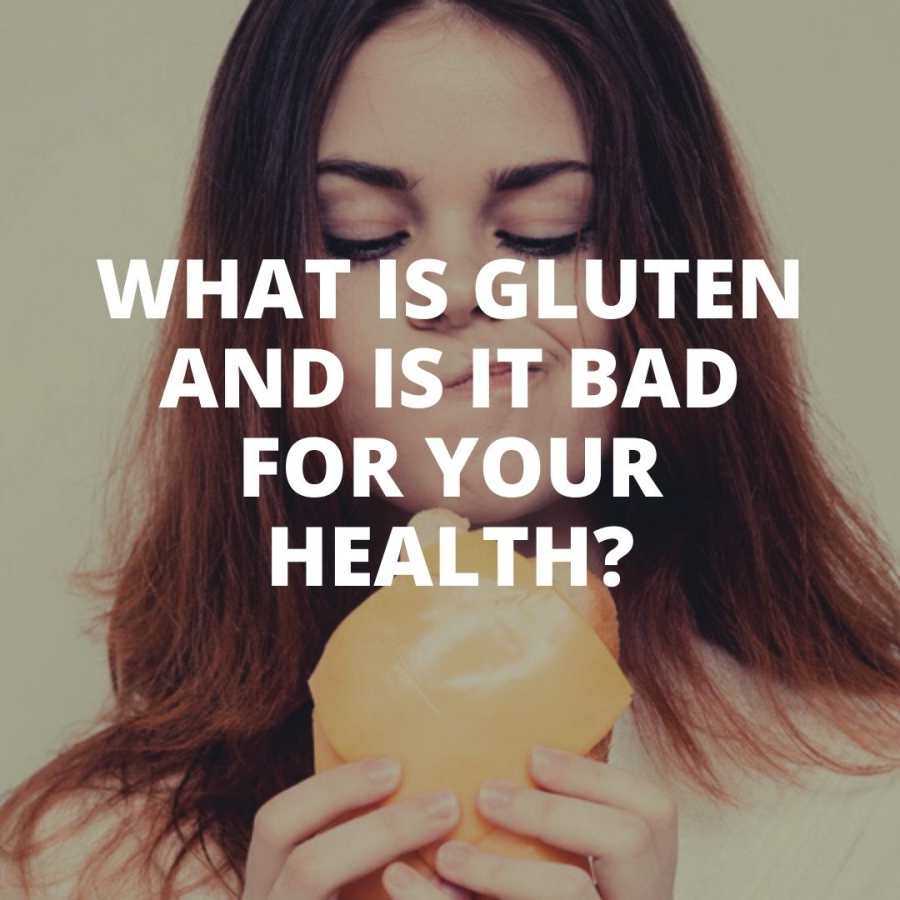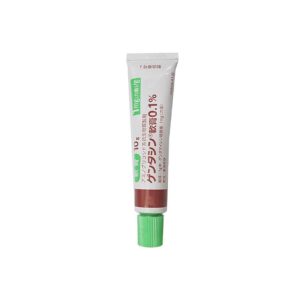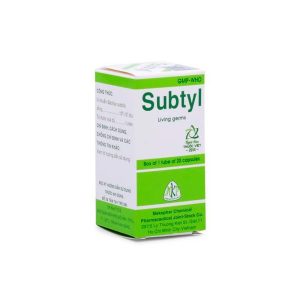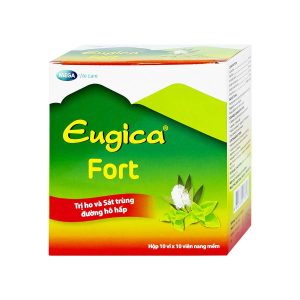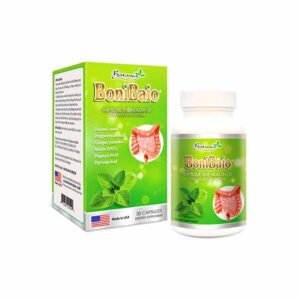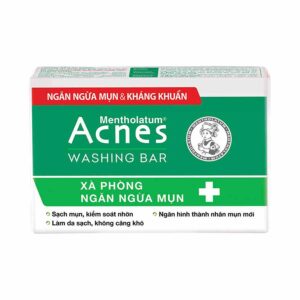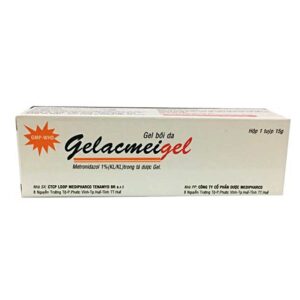Victoria Beckham, Jessica Alba and Gwyneth Paltrow are gluten-free, Instagram #glutenfree marks are about to hit 20 million, and US residents alone will buy $ 6 billion worth of gluten-free foods in 2018.
20 years ago, many did not even know the words of this. What is this – a new enemy for health? Or is the world captured by another marketing myth? Let’s figure it out.
What is gluten?
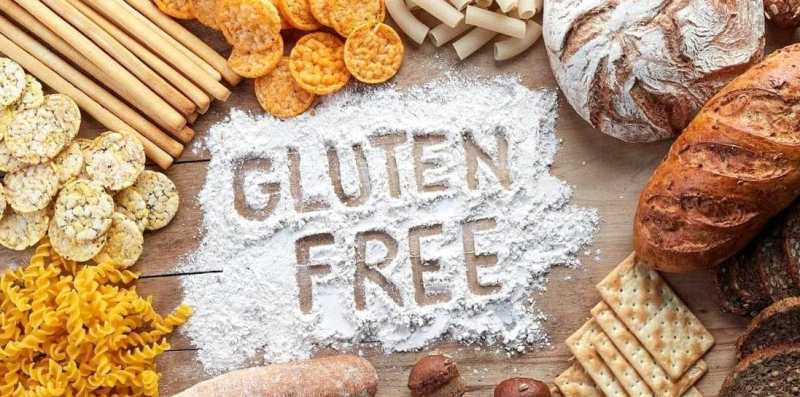
It is a protein found in cereals and foods made from them: bread, pasta, baked goods, beer, cereals, etc. It can also be found in condiments, ready-made sauces, yoghurts, and even fondant. Gluten is similar to glue, so it is added to foods to enhance their texture and appearance. For this property, it is called so – gluten.
Without gluten, many foods would have a much shorter shelf life, the buns would not be so fluffy and tender, and all the baked goods would crumble a lot. However, for all its advantages, gluten can “glue” and the contents of the stomach, hinder its work and cause severe food allergies.
The leaders in gluten content are wheat (80%) and semolina (50%). Cookies and biscuits (20-40%), ice cream (up to 20%), oats (21%), rolled oats (12%), pasta (11%), sausages (up to 10%). There is gluten even in cheeses and yoghurts – about 1% of the total mass.
Does it mean that it is still harmful?
So far, official research has not confirmed it is harmful to people without allergies. Gluten is dangerous only for those who suffer from celiac disease – gluten intolerance.
Some doctors claim that the human body is not well equipped to digest grains, and the wheat we eat is too different from what it used to be. Due to selection, the concentration of gluten has become too high, and now it is harmful. But again, so far this position has no evidence base.
How do I know if I have a gluten intolerance?

Celiac disease affects 1% of adults. It is believed to be a genetic disorder, the same as lactose intolerance. If your parents have celiac disease, you may also have it. In this case, you may suffer from chronic bloating, persistent diarrhea, pale stools with a pungent odor, and other digestive upsets. People who are allergic to gluten can experience headaches, hair loss, and decreased immunity.
The symptoms are rather vague, so the patient may not even be aware of the intolerance. But there is an easy way to test yourself: give up gluten for a few days, and then return it to your diet.
If gluten-free foods cause digestive problems, see your doctor for a medical test for celiac disease.
If the doctor tells me to give up gluten, what will I eat?
First of all, you will have to carefully read the composition of the products in the supermarket. The substance labeled as textured or hydrolyzed vegetable protein on the packaging is gluten. The market for gluten-free products has grown a lot in recent years, so you will not experience any particular restrictions: you can even find gluten-free cereals and pasta.
Meat, eggs, rice, beans, nuts, fruits, vegetables, natural milk products – all this and much more will also remain in your menu.
Read more:
Check out ways to exercise that make your body weak
Best 8 beekeeping products used in medicine
9 Foods to Boost Your Immunity
3 Simple tips to make honey for sore throat at home

